
The “Healthy Workplaces Coalition” launched this week with the backing of The Real Estate Roundtable to support federal policies that promote health and safety in offices and other work environments. (Coalition news release and 1-pager, May 25)
Roundtable Support
- More than 40 national organizations, industry leaders and trade associations will collaborate on federal policies to support the health and well-being of employees, customers and the public in workplaces and across the built environment.
- The International WELL Building Institute (IWBI) and ISSA–The Worldwide Cleaning Industry Association lead the Coalition. The Roundtable and Building Owners and Managers Association (BOMA) International join them on the Steering Committee, and the American Hotel & Lodging Association (AHLA) is among the Coalition’s founding members.
- “Revitalizing downtown communities hit hard by the pandemic depends on getting America’s workers back to the office place – and supporting the mom-and-pop restaurants and stores that serve our central business districts,” said Jeffrey D. DeBoer, President and CEO of The Real Estate Roundtable. “Policies that support investments to improve indoor air quality and other healthy building strategies will not only accelerate the return to the workplace, but improve the long-term resiliency of our nation’s built environment.”
- The Healthy Workplaces Coalition launch announcement cited a recent Honeywell survey, which showed 72% of office workers worldwide worry about air quality in their workplaces’ buildings.
- Back-to-the-workplace issues were the focus of a Roundtable virtual town hall in March with U.S. Department of Labor Secretary Martin Walsh and Roundtable Chair John Fish (Chairman and CEO, Suffolk). Town hall participants Fred Seigel (President and CEO, Beacon Capital Partners) and Owen Thomas (CEO, Boston Properties), emphasized the importance of healthy building strategies as key measures necessary to prompt workers’ return to office environments. (Watch video discussion | Roundtable Weekly, March 18)
Policy Focus 
- The coalition will support federal incentives and other policies that help businesses defray some of the extra costs they incur for heightened sanitization and safety practices prompted by the spread of COVID-19.
- For example, the coalition aims to build support for legislation such as the bipartisan Healthy Workplaces Tax Credit Act (S. 537), introduced by Sens. Rob Portman (R-OH) and Kyrsten Sinema (D-AZ), backed by The Roundtable since the height of the pandemic. Companion legislation pending in the House (H.R. 1944) is sponsored by Reps. Stephanie Murphy (D-FL) and Darin LaHood (R-IL).
- The Portman-Sinema bill would provide a refundable tax credit against payroll taxes for 50 percent of the costs incurred by a business for adhering to health guidelines, as well as support for training and education on the prevention of virus transmission.
- Similarly, the recently introduced Airborne Act sponsored by Rep. Don Beyer (D-VA) would provide a tax credit for businesses to conduct indoor air quality assessments, and create a voluntary certification program for CRE owners that meet heightened ventilation standards. (Beyer news release, May 9)
Reopening businesses and the country is an important priority in The Roundtable’s 2022 Policy Agenda: “Connection, Commitment, and Collaboration – Supporting Federal Policy Through Experience and Innovation in 2022” – and will be a focus of discussion during The Roundtable’s all-member Annual Meeting on June 16-17 in Washington.
# # #
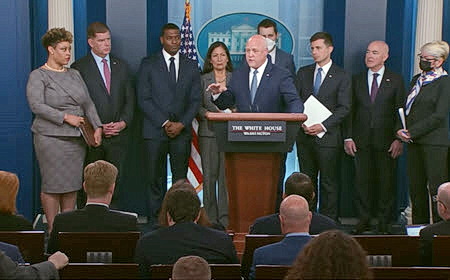

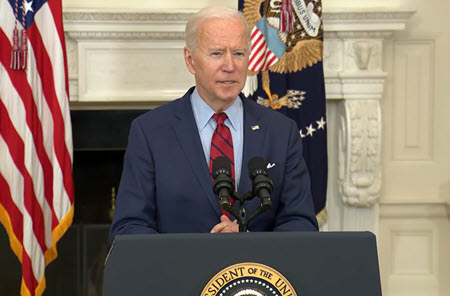

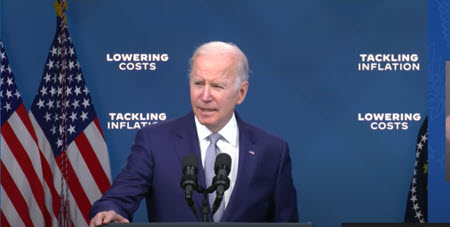




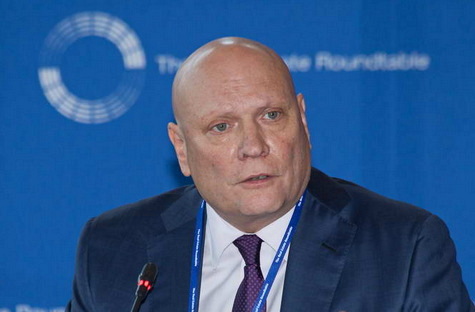
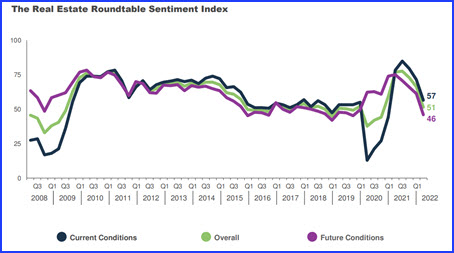

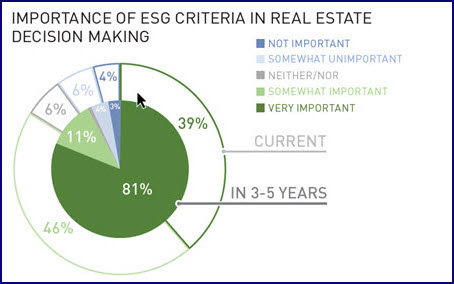
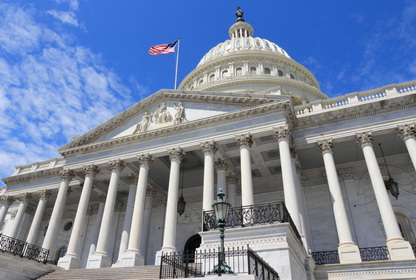
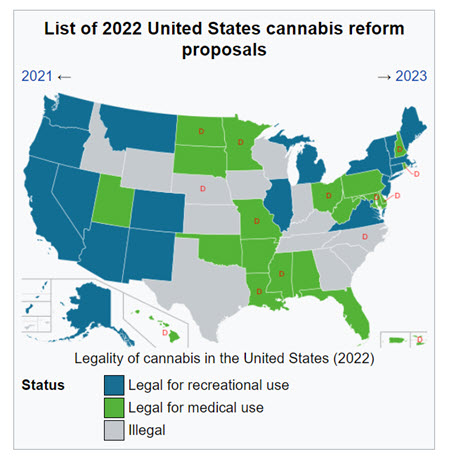
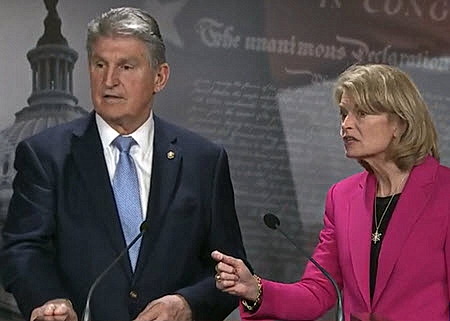
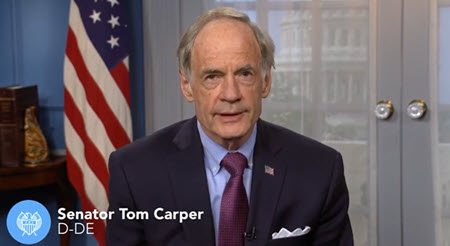
 The Real Estate Roundtable and four other national trade groups submitted recommendations to modify
The Real Estate Roundtable and four other national trade groups submitted recommendations to modify 